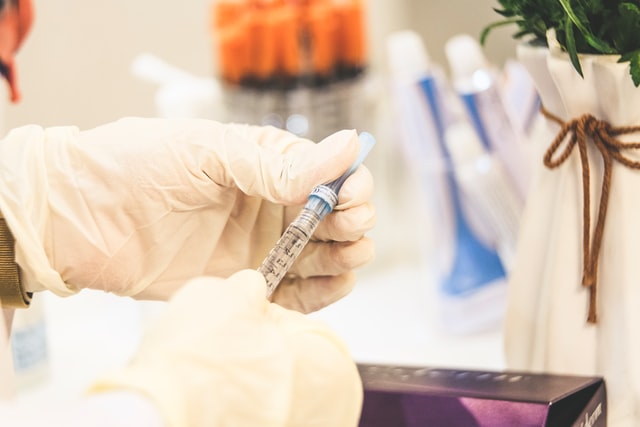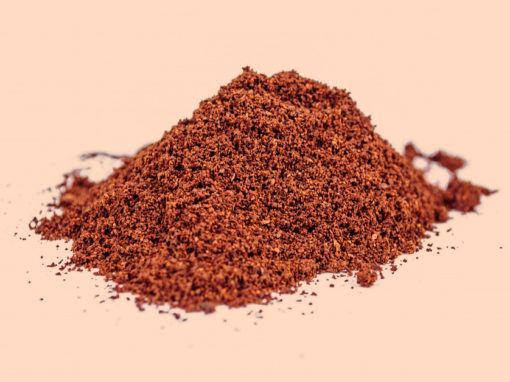Testosterone is a vital hormone that is essential for maintaining healthy sexual function.
In addition, this hormone plays a significant role in several other factors in your health, including muscle mass, bone density, mood, red blood cell count, etc.
The normal testosterone levels in the blood are between 300 and 1000 ng/dL or 10 to 35nmol/L.
If your blood report shows a reduced testosterone level, your doctor might suggest testosterone injections, which is a form of replacement therapy.
The injections are usually administered in the buttocks in the gluteal muscles. In some instances, the injection is administered in the thigh muscles as well.
The article is a part of our comprehensive series on “What is testosterone?”
What are testosterone injections for men?
These are injections of isolated testosterone used to treat conditions that are typically caused due to the lack of this hormone.
Some of the common symptoms that are caused due to the lack of this hormone are:
- Erectile dysfunction
- Reduced in sex drive
- Hot flashes
- Breast enlargement
- Reduction in body hair
- Depression or anxiety
- Weight gain
Testosterone therapy is becoming a more common form of treating testosterone deficiency. However, before undertaking the injection, make sure that you have discussed all the pros and cons of the treatment with your doctor.

Will testosterone enhance athletic performance?
No. Testosterone does not enhance performance in sports and should not be used for that purpose.
How long will it take testosterone injections to start working?
Testosterone injections can take many months to reduce the deficiency symptoms. However, some benefits can be felt as soon as you start the treatment.
The rate at which the body responds to testosterone injections depends on how an individual responds to the hormone. This means the time varies from person to person.
Below is a rough timeline that will give you an idea of how it works on an individual.
First three weeks
Within the first three weeks after taking testosterone injections, you may notice an enhanced vigour in your body. Your sexual interest appears and you might find an improvement in the quality of your life.
Three to six weeks
You will start to notice an improvement in your mood as symptoms of depression gently begin to fade away.
Red blood cell production will be boosted, and peak changes occur in 9-12 months. Effects on lipids occur after four weak and maximum changes occur in 7-12 months.
Effects on insulin
It is noted that insulin sensitivity improves to a great extent within a few days. There will be a visible change in the body mass, fat mass and muscle strength.
- Reduction in inflammation: 3-12 weeks
- Effects on bone: 6 weeks
- Muscle strength:12-16 weeks
Things to tell your doctor before taking the injection
Testosterone injections could bring relatively negative interaction with certain specific condition. A person should not be treated with testosterone if he is suffering from:
- Severe heart condition
- Male breast cancer
- Prostate cancer
- Serious liver disease
- Serious kidney disorder
- Sleep apnea or breathing issue while sleeping
Dosage of testosterone injections
Testosterone dosage typically varies according to the extent of the problem and frequency of medication
Adult dosage
For anyone who is 18 or older, the dosage will be around 50-400 mg every 1-4 weeks. The maximum permitted dosage is 400 mg and is injected into the muscle region.
Are testosterone injections safe?
It is generally safe to receive a testosterone injection if you strictly follow your doctor’s advice.
Some studies have shown that testosterone injection has some side effects. However the evidence are not conclusive and warants a discussion with your doctor. The potential side effects are;
- Risk of venous thrombosis
- Increased risk of heart complications
- Increased blood viscosity
- Increased urinary tract problems
- Breast swelling
Certain people are allergic to testosterone. Some allergic reactions include skin rashes, shortness of breath, breathing issues, dizziness, etc.
Testosterone enanthate, a specific form of testosterone, is known to shoot up blood pressure and for high risk group, this may increase the risk of heart attack and stroke.
If you have BP issues, cardiovascular diseases, stroke, or heart attacks, let your doctor know before getting into any complications.
Interaction of other drugs with testosterone injection
Testosterone might interact with other drugs. Inform your doctor regarding all your current medications before taking the injection.
Some of the common medications that testosterone interacts with are:
- Blood thinners-Jantoven, warfarin, Coumadin
- Insulin or oral diabetic medicine
- Steroid medicine-dexamethasone, prednisone
Bottom Line
Testosterone injection is a boon to those who are constantly suffering from the symptoms we mentioned.
However, you need to understand that testosterone injection is not a cure to everything. Proper follow up and monitoring is important for optimum outcome.
Make sure that you thoroughly discuss your symptoms, difficulties and other medications with your doctor before deciding to use this treatment.



